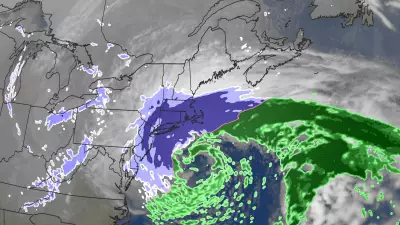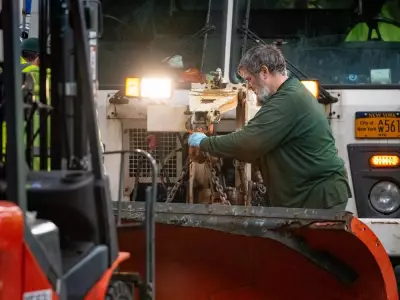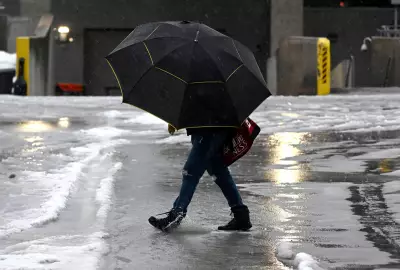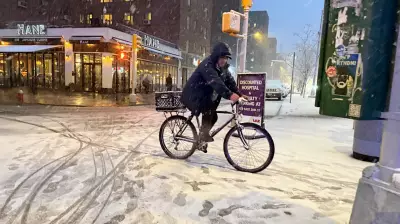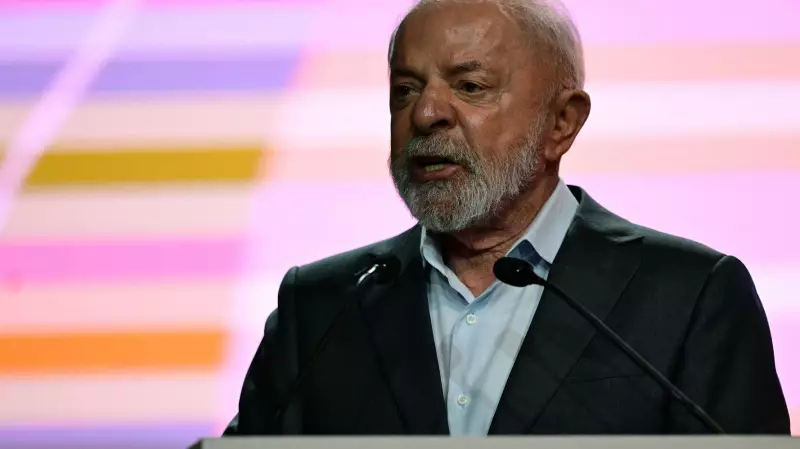
The United Nations COP30 climate summit opened on Monday in the Amazonian city of Belem, Brazil, with a powerful plea from the UN's top climate official for nations to unite against the climate crisis rather than fight amongst themselves. The gathering of over 190 countries is set against a backdrop of a fracturing global consensus, threatening efforts to limit dangerous global warming.
A Fractured Start and a Call for Unity
In his opening address, UN Climate Change Executive Secretary Simon Stiell implored delegates to set aside their differences. "In this arena of COP30, your job here is not to fight one another – your job here is to fight this climate crisis, together," Stiell declared. He acknowledged that thirty years of climate talks have successfully bent the curve of projected warming downward, but warned, "I am not sugar-coating it. We have so much more work to do."
The host country, Brazil, successfully brokered a deal on the summit's agenda, focusing the initial talks and avoiding attempts by developing nations to immediately introduce highly contentious issues like climate finance and carbon taxes. It remains uncertain whether the two-week conference will culminate in a formal negotiated agreement, a challenging prospect in a year of divisive global politics.
Progress and the Glaring Emissions Gap
A new UN analysis presented at the summit offered a glimmer of progress but underscored the immense challenge ahead. The report estimates that global greenhouse gas emissions are now projected to decrease by 12% by 2035 compared to 2019 levels. This is an improvement over last month's estimate of a 10% drop, thanks to recent pledges from major emitters like China and the European Union.
However, this progress is critically insufficient. Scientists state that a 60% reduction in emissions by 2035 is required to keep global warming within the critical threshold of 1.5 degrees Celsius above pre-industrial levels. The current pledges cover less than a quarter of the necessary effort, leaving the world on a path toward more severe climate impacts.
Notable Absences and Indigenous Demands
The summit was marked by the conspicuous absence of the United States, the world's largest historical emitter. The US decision to skip the event, driven by President Donald Trump's continued dismissal of climate change as a hoax, drew sharp criticism. California Governor Gavin Newsom, attending a parallel event in Sao Paulo, condemned the move, asking, "What the hell is going on here?" He characterized the US absence and recent trade tariffs as giving a "middle finger" to a key democratic partner.
Brazilian President Luiz Inacio Lula da Silva used his platform to issue a stark warning against climate denialism. "They attack the institutions, the science, the universities," he said. "It’s time to impose another defeat to denialists."
Indigenous leaders arrived with a powerful message after a grueling 3,000-kilometer journey by boat from the Andes. They are demanding a greater voice in how their territories are managed, as industries like mining and logging encroach deeper into forests. "We want to make sure that they don’t keep promising, that they will start protecting, because we as Indigenous people are the ones who suffer from these impacts of climate change," said Pablo Inuma Flores, an Indigenous leader from Peru.
As the conference continues, the world watches to see if the call for cooperation can overcome geopolitical tensions and deliver the concrete action needed to avert a climate catastrophe.


